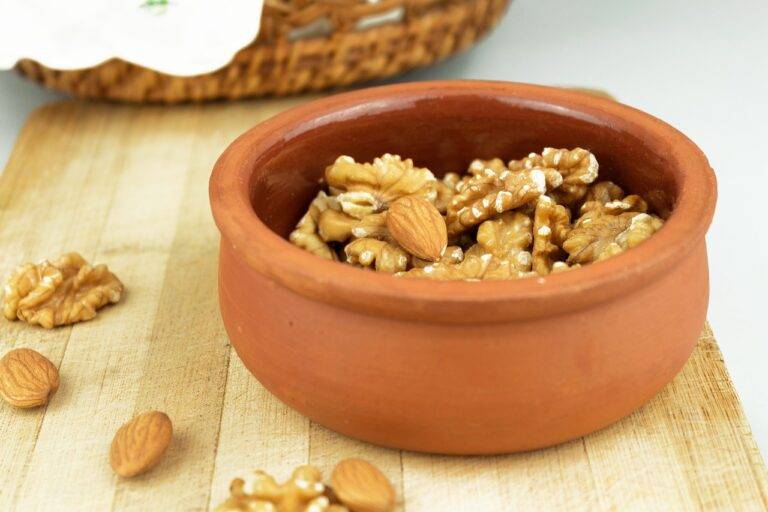The Future of Agriculture: Technology and Innovation
Within the realm of modern agriculture, farmers are faced with a myriad of challenges that threaten the sustainability of their practices. One significant obstacle is the issue of climate change, leading to unpredictable weather patterns and extreme conditions that can significantly impact crop yields. Moreover, the depletion of natural resources, such as water and fertile soil, poses a severe challenge to farmers worldwide as they strive to meet the growing demands of a burgeoning population. This heightened competition for limited resources escalates the pressure on farmers to adopt more efficient and sustainable agricultural practices.
In addition to environmental challenges, farmers also grapple with economic uncertainties that jeopardize their livelihoods. Fluctuating market prices, rising input costs, and trade disruptions contribute to the financial instability faced by many farmers. The lack of access to credit, especially for small-scale farmers, further exacerbates their vulnerability to economic shocks. As a result, the sustainability and resilience of modern agriculture are continuously tested by a multitude of challenges that require proactive solutions and innovative approaches to ensure the long-term viability of farming practices.
Impact of Technology on Farming Practices
Technology has revolutionized farming practices in recent years. From the use of drones for monitoring crops to automated machinery for planting and harvesting, technological advancements have greatly increased efficiency and productivity in agriculture. Farmers can now analyze soil quality, weather patterns, and crop health through data-driven systems, allowing for more informed decision-making and precise resource allocation.
Furthermore, the integration of precision agriculture techniques has enabled farmers to minimize waste and reduce environmental impact. By utilizing GPS technology and sensors, farmers can apply fertilizer and pesticides with pinpoint accuracy, reducing excess use and potential runoff. This not only benefits the environment but also improves profitability for farmers by optimizing inputs and maximizing yields.
How has technology impacted farming practices?
Technology has revolutionized farming practices by increasing efficiency, productivity, and sustainability. It has enabled farmers to use precision agriculture techniques, automated machinery, and data analytics to make informed decisions.
What are some challenges faced in modern agriculture?
Modern agriculture faces challenges such as limited resources, climate change, pest and disease management, and market volatility. Technology plays a crucial role in addressing these challenges and improving the overall efficiency of farming practices.
How does precision agriculture help farmers?
Precision agriculture uses technology, such as GPS, sensors, and drones, to optimize inputs like water, fertilizers, and pesticides. This targeted approach helps farmers reduce waste, save costs, and improve crop yields.
What are some examples of technology used in modern farming practices?
Some examples of technology used in modern farming practices include automated tractors, soil sensors, weather monitoring systems, crop monitoring drones, and data analytics software. These tools help farmers make more informed decisions and manage their operations more efficiently.
How does technology contribute to sustainable farming practices?
Technology allows farmers to adopt sustainable practices such as conservation tillage, crop rotation, and integrated pest management. By using data-driven insights and precision agriculture techniques, farmers can minimize the environmental impact of their operations and promote long-term sustainability.





